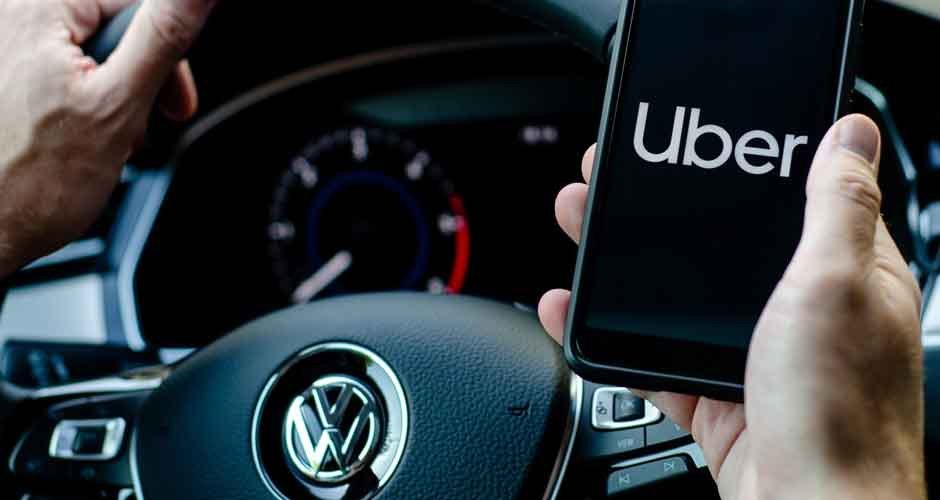Ever wondered why your Uber driver seems stressed out? It might be more than just traffic. Welcome to the complex world of the Uber lawsuit of 2023. In this article, we’ll dive into the nitty-gritty of this legal battle, why it matters to both drivers and riders, and what you can expect in the coming months. Buckle up; it’s going to be an informative ride!
The Core Issue: Misclassification of Drivers
Let’s start with the elephant in the room: the misclassification of Uber drivers. Are they independent contractors or employees? This isn’t just a game of semantics. Being labeled an “independent contractor” means you’re on your own for things like healthcare, taxes, and job security. On the flip side, being an “employee” would mean benefits, minimum wage, and certain legal protections.
So, what’s the court’s take on this? Well, the lawsuit argues that Uber drivers are not independent contractors but are, in fact, employees who should be entitled to all the perks that come with that status. This includes backpay for all hours where drivers didn’t earn at least minimum wage and reimbursement for all mileage expenses incurred while working for Uber.
A History of Uber Lawsuits
If you think this is Uber’s first rodeo in the courtroom, think again. The company has a history of legal tussles, dating back to 2013. Back then, a class action lawsuit challenged Uber’s claim that tips for drivers were included in the overall fee charged to customers. Spoiler alert: they weren’t, and drivers were not happy about it.
Fast forward to 2015, Uber tried to throw a wrench in the works by enforcing an arbitration clause, essentially trying to prevent drivers from banding together in a class action lawsuit. However, the court wasn’t having it and declared the clause unenforceable.
Uber then agreed to a $100 million settlement, but guess what? The court rejected it, stating that it was too low based on the value of the drivers’ claims, which were estimated to be over $1.8 billion. Eventually, a narrower $20 million settlement was approved, but only for California and Massachusetts drivers.
Financial Ramifications for Drivers
So, what does all this legal jargon mean for the people behind the wheel? A lot, actually. If the court rules in favor of the drivers, they could be looking at substantial backpay for all those hours they didn’t earn at least minimum wage. And let’s not forget about mileage expenses; drivers could also be reimbursed for all the miles they’ve racked up while working for Uber.
But the financial implications don’t stop there. Uber has been accused of false advertising, specifically overstating how much drivers could potentially earn. Imagine being told you could make $90,000 a year, only to find out the average driver in your city makes $29,000 less. That’s not just a minor discrepancy; that’s a game-changer for someone deciding whether driving for Uber is a viable full-time job.
Other Lawsuits You Should Know About
The class action lawsuit we’re focusing on isn’t the only legal battle Uber is fighting. They’ve also been under fire for a 2016 data breach, which they tried to sweep under the rug. If you’re an Uber user, your data might have been compromised, and that’s another layer of concern.
And for those who invested in Uber’s initial public offering, there’s an ongoing investigation into whether investors were misled, leading to financial losses. It seems like Uber is juggling multiple lawsuits, each with its own set of consequences for different groups of people.
What’s Next for Uber and Its Drivers?
With all these legal battles, you might be wondering what the future holds for Uber and its drivers. While it’s hard to predict the outcome of ongoing lawsuits, one thing is clear: the results will have a ripple effect. If drivers are reclassified as employees, we could see changes in pricing and service quality for riders. And if Uber loses the data breach and IPO lawsuits, it could further shake investor confidence in the company.
Conclusion
We’ve covered a lot of ground, from the core issue of driver misclassification to the various other lawsuits Uber is entangled in. If you’re an Uber driver, it’s crucial to know your rights and stay updated on these legal proceedings. And if you’re a rider, being informed helps you make better choices about using the service.






